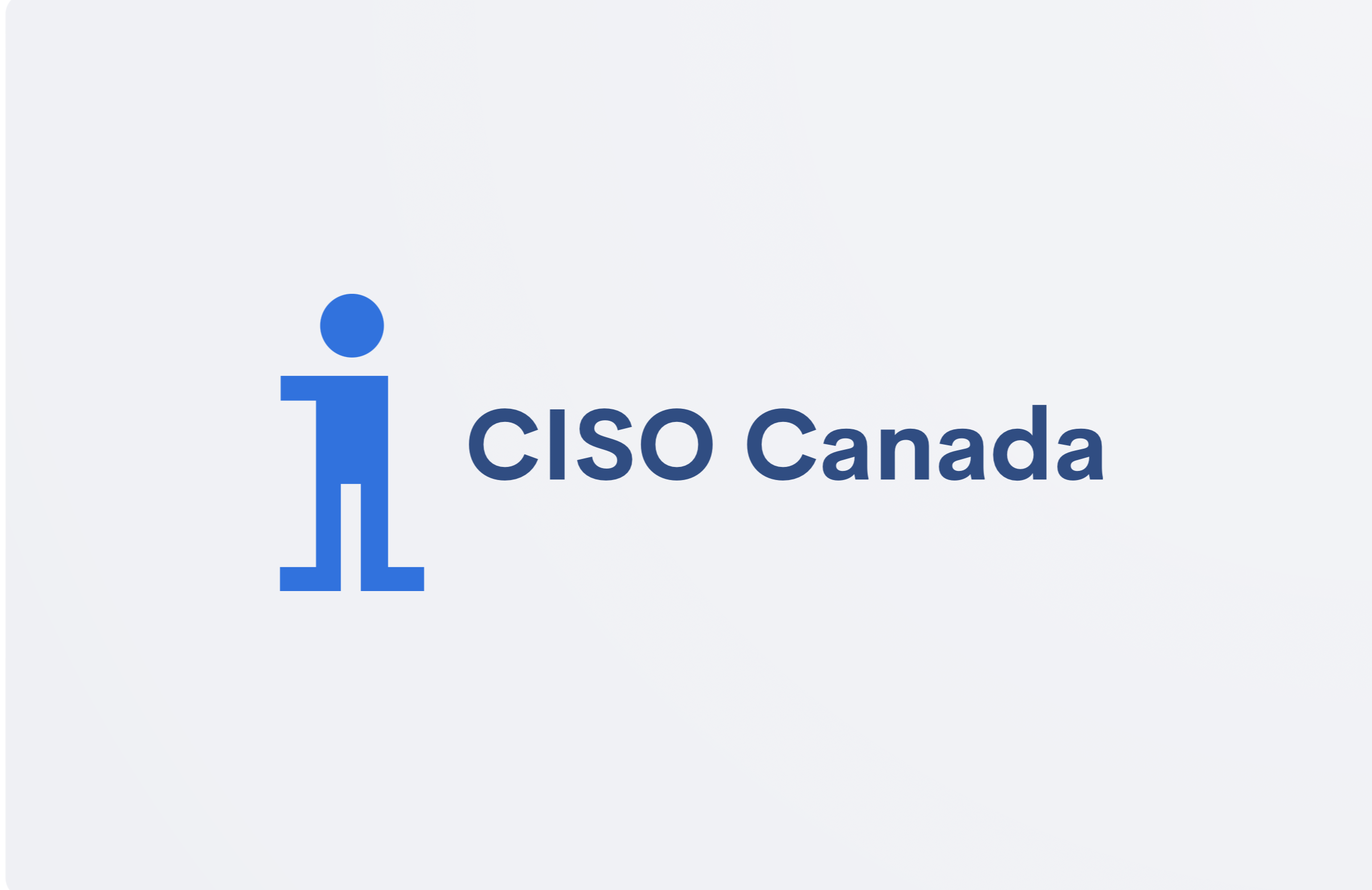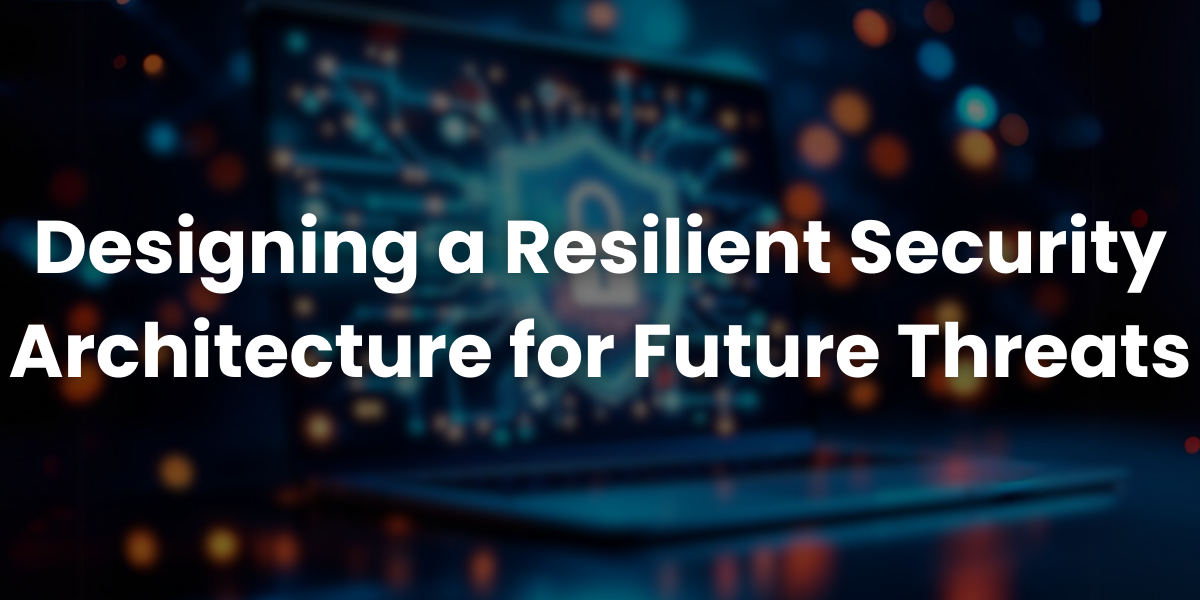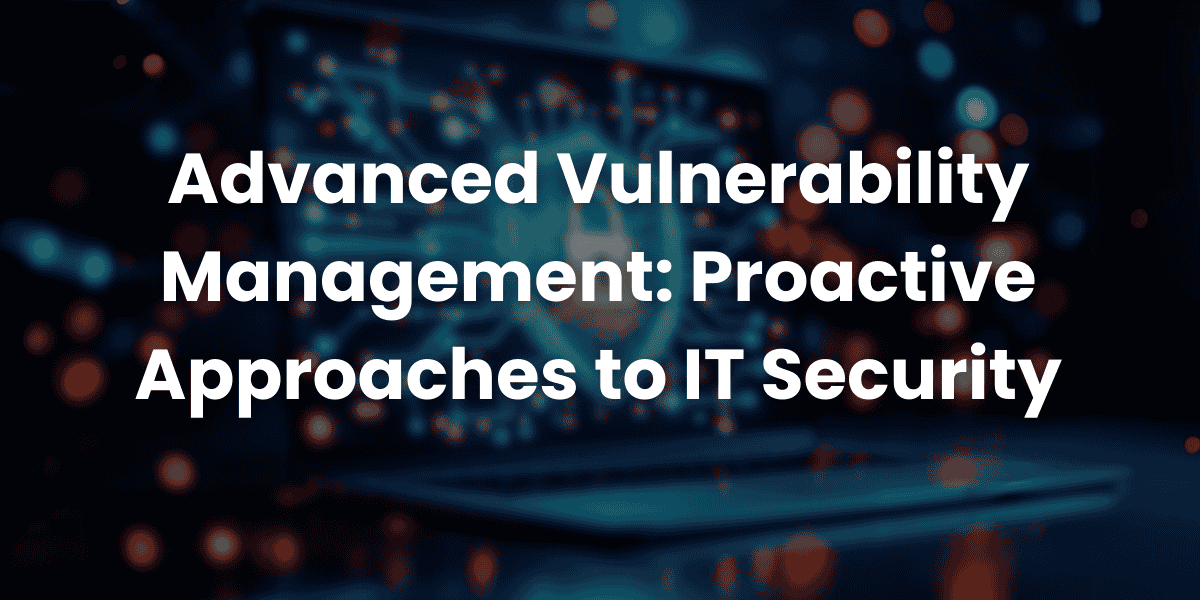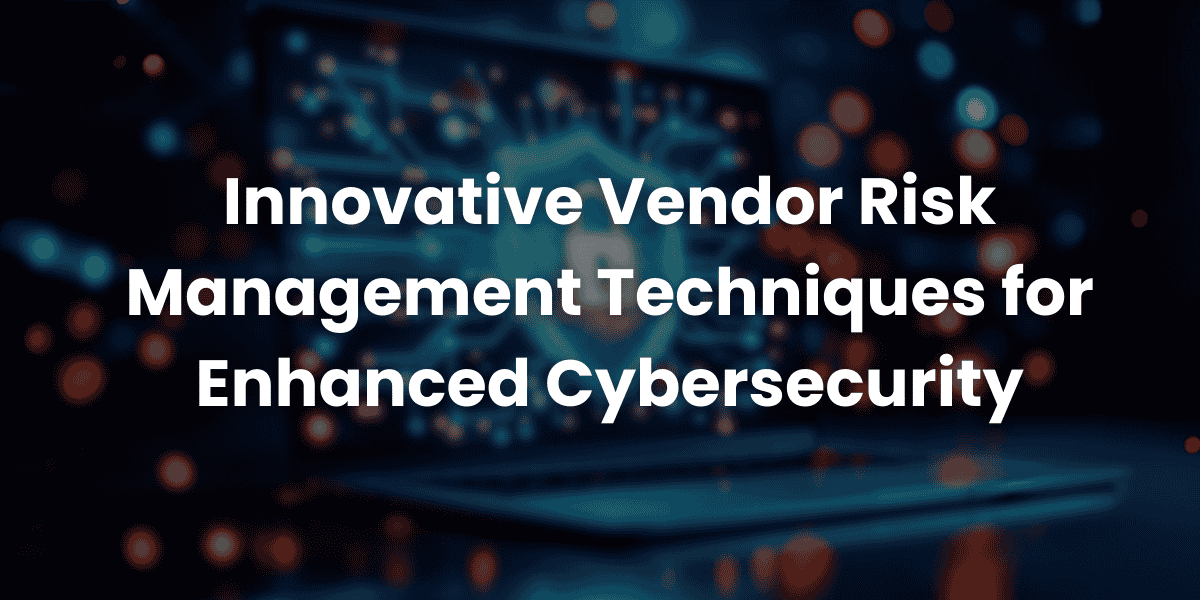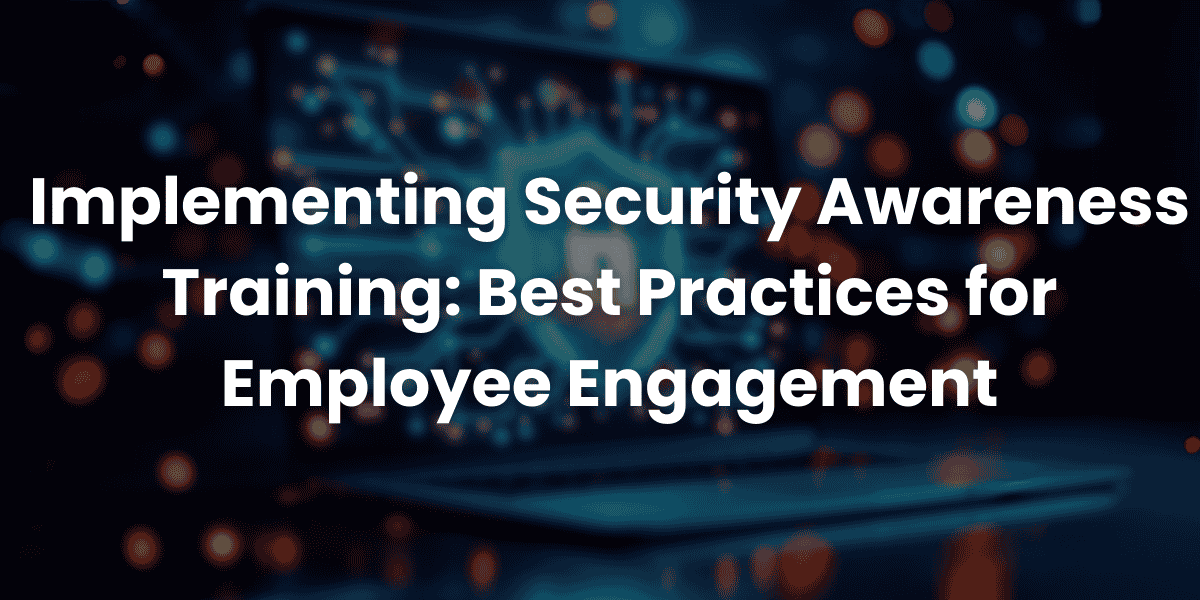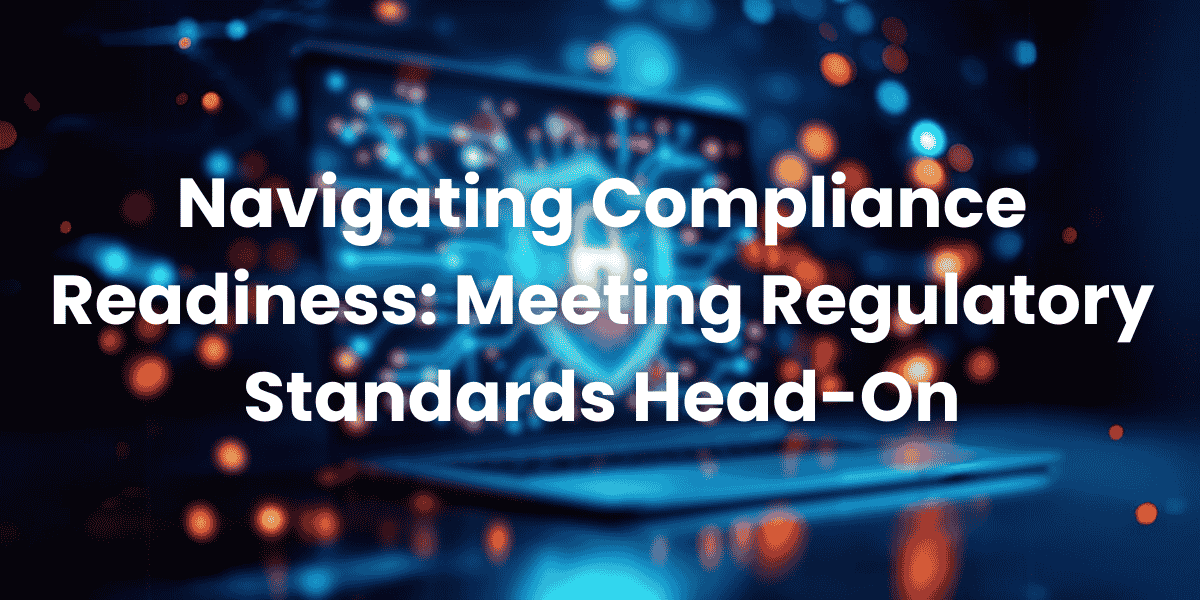In today’s rapidly evolving digital world, businesses are facing an ever-growing number of cyber threats and risks. Organizations of all sizes are realizing the importance of robust cybersecurity measures to protect their assets, data, and reputation. As a result, the role of a vCISO (Virtual Chief Information Security Officer) has gained significant traction. A vCISO is a professional who helps businesses design, implement, and manage comprehensive security strategies without the need for a full-time, on-site CISO. This article explores the essential role of a vCISO in modern cybersecurity.
The Rise of Cybersecurity Challenges
With the digital transformation accelerating across industries, businesses are more vulnerable than ever to cyber threats. From data breaches to ransomware attacks, the need for expert security leadership has never been higher. However, not all businesses can afford the cost of a full-time, in-house CISO. This is where the vCISO steps in to offer flexible, cost-effective cybersecurity leadership.
What is a vCISO?
A vCISO is an experienced cybersecurity professional who provides strategic guidance and leadership to businesses on a part-time or contract basis. The role is designed to fill the gap for organizations that need high-level security expertise but don’t require a full-time CISO. A vCISO can be hired to manage cybersecurity efforts, advise on security policies, oversee risk management, and ensure compliance with industry regulations.
Key Responsibilities of a vCISO
- Strategic Security Planning: A vCISO helps businesses develop long-term security strategies to mitigate risks and address emerging threats.
- Risk Management: Assessing the organization’s vulnerabilities and implementing risk management frameworks is a crucial responsibility of the vCISO.
- Security Policy Development: A vCISO plays a key role in drafting and enforcing security policies that align with business goals and regulatory requirements.
- Incident Response and Recovery: In case of a security breach, the vCISO coordinates incident response efforts to minimize damage and recover operations.
- Compliance and Governance: A vCISO ensures that the business meets relevant cybersecurity compliance standards such as GDPR, HIPAA, and PCI DSS.
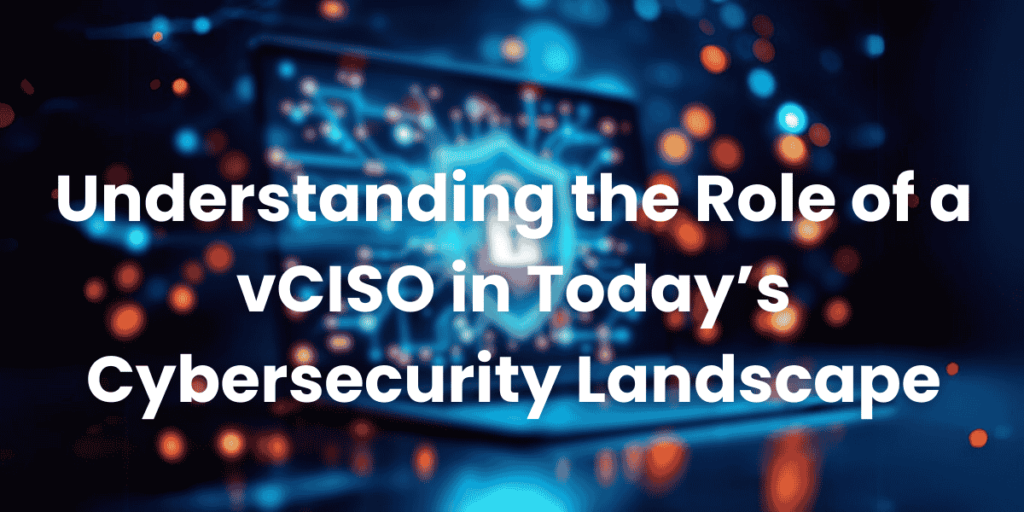
Why Businesses Are Opting for a vCISO
The demand for vCISO services is rapidly increasing, as businesses recognize the need for cybersecurity leadership without the overhead of a full-time, on-site executive. The vCISO model offers several key advantages:
- Cost Efficiency: Hiring a vCISO on a part-time basis reduces the costs associated with a full-time CISO, including salary, benefits, and other overhead expenses.
- Access to Expertise: Businesses gain access to top-tier cybersecurity expertise without having to recruit, train, and retain a permanent in-house executive.
- Scalability: A vCISO can scale their services to match the specific needs of the business, providing flexible solutions for companies of all sizes.
- Proactive Security Management: With a vCISO on board, businesses benefit from proactive cybersecurity measures that reduce the likelihood of cyber incidents.
How a vCISO Adds Value to Your Organization
A vCISO is more than just an outsourced security officer. They serve as a strategic partner in the organization’s overall cybersecurity journey. Here’s how a vCISO can add value:
- Improved Security Posture: By conducting regular risk assessments and audits, a vCISO can identify potential vulnerabilities and close security gaps.
- Tailored Cybersecurity Solutions: A vCISO creates customized security programs that are tailored to the unique needs of the business.
- Employee Awareness and Training: A vCISO can also help train staff on best practices for security, ensuring that employees are prepared to prevent common threats like phishing attacks.
- Continuous Improvement: A vCISO ensures that the business’s security strategies evolve over time to keep up with the ever-changing threat landscape.
The Growing Demand for vCISOs in Today’s Cybersecurity Landscape
The growing complexity of cybersecurity threats and the increasing need for businesses to be agile in their security efforts have led to a rise in demand for vCISO services. Organizations are now more likely to seek a vCISO who can bring expert-level insight and leadership to the table without committing to the expense and time of a full-time CISO.
Challenges Faced by vCISOs
Although the role of a vCISO provides immense value, it comes with its own set of challenges. These include:
- Remote Management: Managing cybersecurity remotely can sometimes pose challenges, especially for organizations with a large physical presence.
- Alignment with Internal Teams: Ensuring alignment between the vCISO and internal teams requires strong communication and collaboration.
- Varying Scope of Responsibilities: The responsibilities of a vCISO can vary greatly depending on the organization’s size and needs, requiring a high level of flexibility and adaptability.
Conclusion: The Future of vCISOs
The role of a vCISO is essential in today’s cybersecurity landscape. As businesses face growing threats and need for comprehensive security strategies, vCISOs offer valuable expertise and leadership. By providing tailored, cost-effective, and scalable solutions, a vCISO helps businesses protect their most critical assets and ensures a secure future in an increasingly complex digital world.
